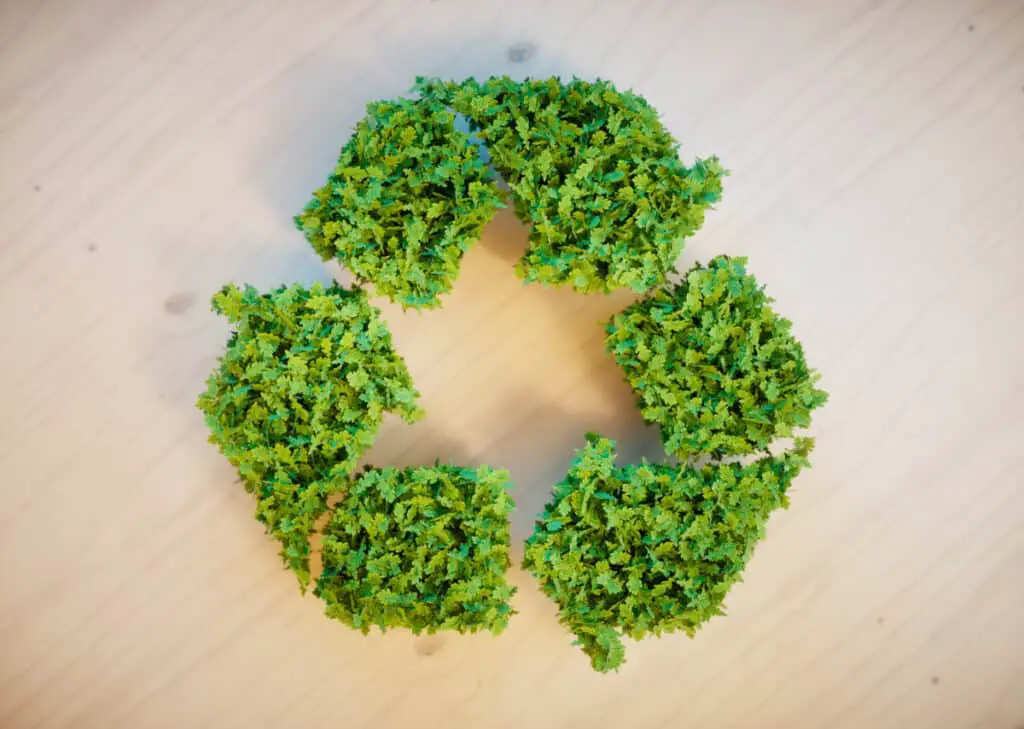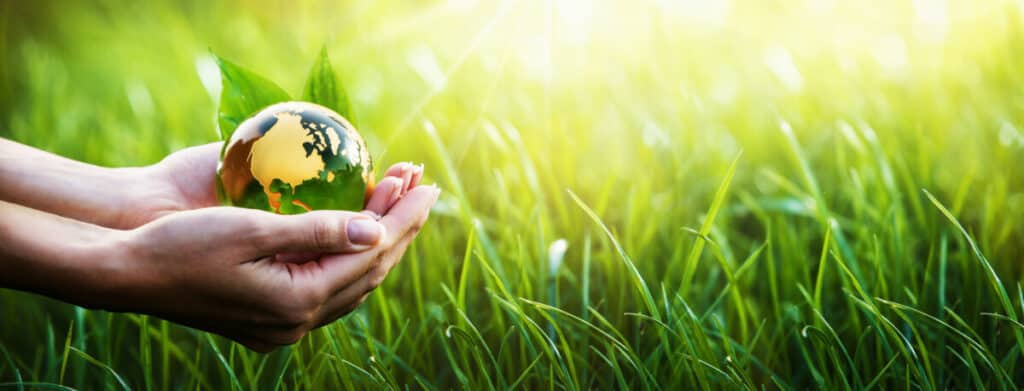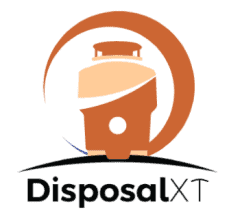
Recycling in Washington State is taken very seriously. So, if you are planning to live or visit the state, it’s essential to know what rules they have for recycling. Here, we are going to tell you those rules!
Washington State has pretty normal rules for recycling such as that you can recycle paper, plastic, un-broken glass, tin cans, metals smaller than 2ft by 2ft, and oil if done correctly. These are the basic but very important recycling rules for Washington state that they take very seriously.
Washington State has been a leader in the US when it comes to recycling for the sake of the environment. That said, if you as a consumer know the rules, it shouldn’t be that difficult to figure out where your waste belongs.
What Can Be Recycled Normally
Most of WA’s biggest recycling laws are actually aimed to limit the use of non-recyclable materials in man-made products. This means that the vast majority of recycling laws don’t really apply to the average resident. All most people need to know is what to recycle and how to get it to the recycling plant.
This disparity exists for the fairly obvious reason that most of the environmental damage that is done to the world is caused not by normal people throwing recyclable trash in the wrong bin, but by multi-national corporations using their power to avoid consequences for making their straws out of un-decomposable plastics.
So what can be recycled in Washington State?
Paper Products
The easiest thing on the list, right? Anything made of dry, clean paper can be thrown in the recycling, from books and newspapers to wrapping paper. This includes cardboard, although cardboard boxes need to be broken down before they can be recycled.
That being said, any paper or cardboard products that are wet or have food greases on them (such as pizza boxes) should be disposed of with food scraps and yard waste. These items cannot be recycled and should therefore be separated from the recycling.
Plastics
Most plastic products can be recycled as long as they have been cleaned. It’s best practice to sort recycled plastics by shape, but if you’re hurting for time just don’t worry about it. The plastic items that should be recycled are shampoo and conditioner bottles, household cleaner bottles, laundry detergent or softener bottles, yogurt or other dairy product tubs, plastic cups, and jugs that say they can be recycled.
Plastic containers should always be thoroughly rinsed before being put in the recycling. Once they’re clean enough that nothing visible remains of their previous contents they are probably good to go.
Glass
Glass jars and bottles that have been cleaned of their contents and are not broken can be thrown in the recycling. Glass of other shapes should be recycled separately. Broken glass is considered hazardous waste since it can hurt waste management workers pretty badly if they encounter it when they aren’t expecting to.
This article will cover rules for recycling hazardous waste later.
Aluminum/Tin Cans
Soda or food cans, aluminum foil, and foil trays can all be recycled normally.
Metal
Other metal objects that are smaller than 2ftx2ft, less than thirty-five pounds, and not hazardous (lead, uranium, etc.) can be recycled with normal recycling.
Oil
It can be hard to figure out what to do with oil. Both motor oil and cooking oil can be recycled by putting in into a recyclable gallon jug and putting them out next to the recycling. The gallon jug should have your address on it, as each address can recycle only ten gallons of motor oil per year. Cooking oil, however, can be recycled to your heart’s content.
What Is “Recycling Normally?”
The normal method of recycling is to put the legally allowed recyclable objects into the blue recycling bin that is found outside of your home or business and to take that blue bin out to the curb on the appropriate collection days. Collection days are dependent on location. To figure out your collection day, ask your neighbors or contact local waste management.
Recycling Large Objects
Very large objects, such as washing machines or couches, can still be recycled. Some cities in Washington will pick up bulky items if you schedule a time with them, but in most places, you’ll have to take them to a transfer station. Before you do this, you will have to notify the city or county waste management system of what time the item will be taken to the transfer station.
Mattresses can also be recycled this way, although most mattress companies should take away your old mattress as a part of the service of delivering the new one.
Refrigerators in particular are important to mention, as while they can usually be recycled normally they must first be drained of cleaning fluid. Some recycling centers will do this for you, but others won’t. It’s a good idea to call ahead to ask local waste management whether this is something you should do before taking your fridge to the transfer center or not.

Recycling Hazardous Wastes
Many hazardous wastes, such as pesticides or household cleaners, should be used up rather than recycled. Others like paint, however, can be recycled safely when you are done with them.
Paint recycling is mandated to exist by law (although people aren’t required to use it if they don’t want to) and is taken care of by the company PaintCare. In order to recycle paint, take it to a local PaintCare dropoff point. They will accept most non-industrial paints aside from spray paints. Paints that can’t be recycled will need to be disposed of at a hazardous waste site.
Batteries can also be recycled, although they must be recycled at the proper locations. Many hardware stores provide a place for used batteries to be recycled, although some have a history of shipping those batteries overseas instead of recycling them, which makes them seem a little less trustworthy.
Instead, batteries can be taken to a household hazardous waste collection site, where they will be recycled by professionals who know how to recycle them without causing them to become more dangerous than they already are. This includes car batteries.
Make sure that when recycling batteries they are properly sorted and labeled. Never try to recycle your own batteries unless you are trained to do so.
Batteries, lamps, and certain light bulbs are covered under WAC 173-303-573, which we mention only because in the research for this article, we found that they were usually labeled as “universal waste,” which without having read the law seems like it means “waste that can be thrown away,” but is in fact a legal category that means waste that certain businesses have a responsibility to recycle.
While individuals don’t have a legal requirement to recycle eligible batteries, companies that make frequent use of them do.
Recycling Light Bulbs
CFL light bulbs are considered hazardous waste since they contain a small amount of mercury that enters the air if the bulb breaks. This is also true of fluorescent tubes. These can still be recycled, and consumers and businesses are allowed to recycle up to ten CFL bulbs or eight feet of fluorescent tubing per day at a local lightcycle facility.
Like with batteries, companies that make a lot of use out of fluorescent lights have a responsibility to get these recycled properly. This extends to other tools that might include mercury, such as thermometers.
LEDs should also be taken to a lightcycle facility, as many of those contain hazardous materials such as lead. Many non-fluorescent light bulbs can, however, be recycled normally if they are not broken.
Recycling Electronics
Electronics can be difficult to recycle, as they can’t simply be taken to a recycling facility. This is because not only are the complicated modern electronic devices we use every day difficult to disassemble properly, but they also pose some risk to workers and are considered dangerous waste.
Like with batteries, many hardware stores leave out collections for electronic devices such as laptops, phones, and tablets but rather than recycling them send them abroad, so these are not good places to get electronics recycled. Instead, they should be taken either to specialized e-cycling sites or to local computer repair stores that may be able to reuse the individual parts.
E-Cycle Washington is the company that handles all electronics recycling within the state and accepts DVD players, phones, computers, TVs, monitors, tablets, E-readers, and peripheral items such as keyboards and printers.
Unused Lumber
Moving on from potentially dangerous waste, unused lumber can be reused or recycled fairly easily. You may be able to sell it to certain retailers if it’s still in good condition and make some money back on it. If this isn’t an option or the drive isn’t worth the money, recycling is also a fine option.
Depending on where in the state you live, your county may have a website that you can use to find a drop-off site that will accept whatever you have.
Wood that isn’t suitable for reuse can still be recycled. Even if there isn’t a nearby recycling center that is capable of recycling wood, you can always use a wood chipper to transform the wood into wood chips and spread it over a garden or play area in your yard.
Medical Sharps
Because medical sharps such as needles and lancets can carry HIV and other dangerous diseases, their disposal is heavily regulated in Washington State. They cannot be thrown in the trash or flushed down the toilet.
Businesses that use syringes, needles, and lancets in their daily operations are considered to be producing biomedical waste and are required to set up frequent collections with a recycling company as a cost of doing business.
Sharps used as part of personal medical treatment should also be disposed of carefully. While outside of Seattle it isn’t illegal to put needles in the normal trash, doing so is still somewhat irresponsible as it can easily lead to someone else getting hurt.
Instead, you should ask your doctor for a sharps container, which is distributed for free by most hospitals to patients who need them. In an emergency, you can place sharps in an empty plastic bottle labeled “sharps do not recycle.”
The easiest way to get rid of sharps is to take them to a transfer station. You can also ask your doctor if you can return used needles to them when you are done with them.
Scrap Metal
Metal is one of the easiest used resources to recycle since a piece of metal can be fully recycled without losing any of it. Because of this, metal items should never be thrown in the trash. However, many metal items are too big or heavy to be recycled normally. These are considered to be scrap metal.
Scrap metal that is too large to be recycled as part of regular collections can be taken to a transfer station or to a county recycling event depending on where you live.
You may also be able to sell used scrap metal to a junkyard if you have enough of it. Old destroyed cars, metal playsets, or large metal appliances all have enough metal in them that this might be worth the money.
Car Parts
Recycling car parts is usually the responsibility of either the dealership that takes an old car to dispose of it or the repair shop that removes the part. However, certain parts may be recycled by individuals doing regular repairs on their own vehicles.
Antifreeze, transmission fluid, motor oil, brake fluid, and old car batteries can all be recycled in their own ways. Any lead parts in a vehicle can also be recycled at a scrapyard, although untrained mechanics probably shouldn’t be anywhere near the lead parts of a car anyways.
Recycling And Other Waste
It’s critical for both businesses and families to keep their recycling separate from their food/yard waste and their garbage. This is because mixing recycling with other kinds of waste can make things that could be easily recyclable into the trash. Papers, cardboard, and plastics all get ruined if they are wet or covered in food at the time they reach the recycling plant.
Speaking of which, in Western Washington, it’s necessary to keep recycling bins closed at all times to avoid them filling with rainwater. If the wind keeps blowing your recycling bill’s lid off, it’s a good idea to put a heavy object such as a weight or a rock on top of it to prevent it from being moved.

Related Topics:
If you like the article above, here are some other similar articles you should check out!
Recycling Laws in California: What You Should Know
